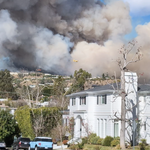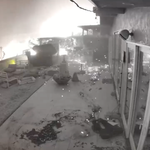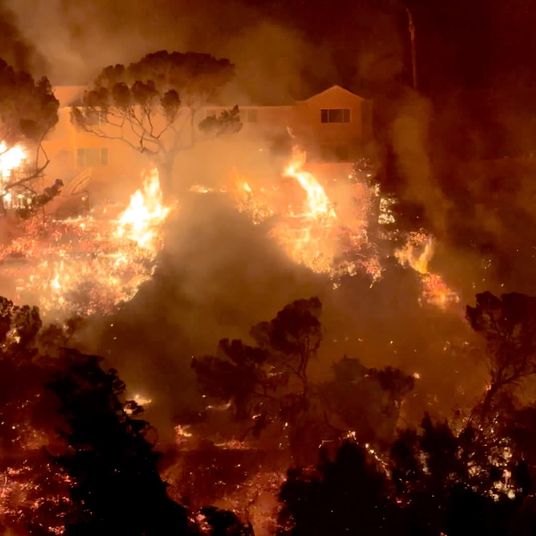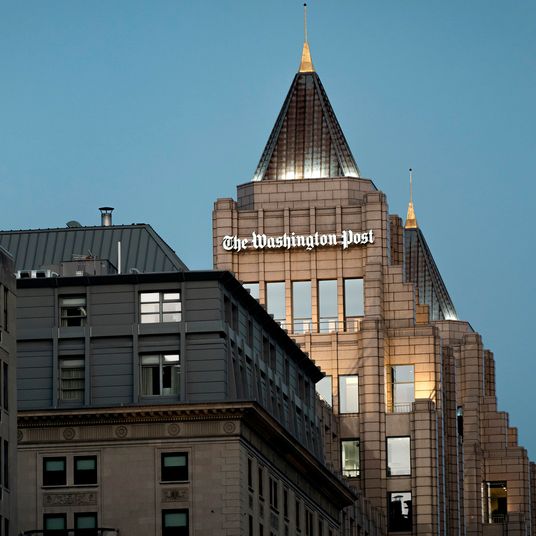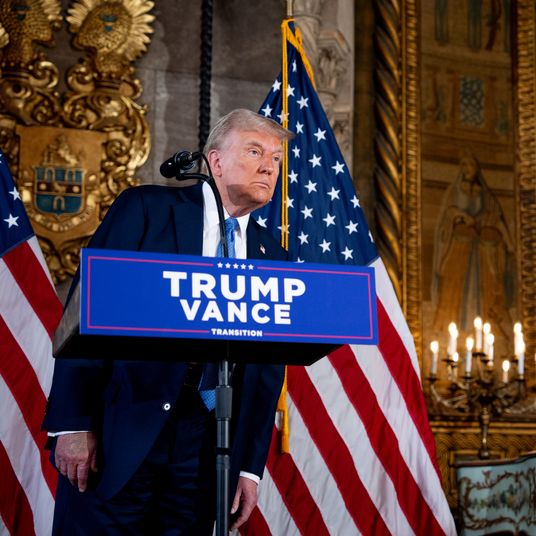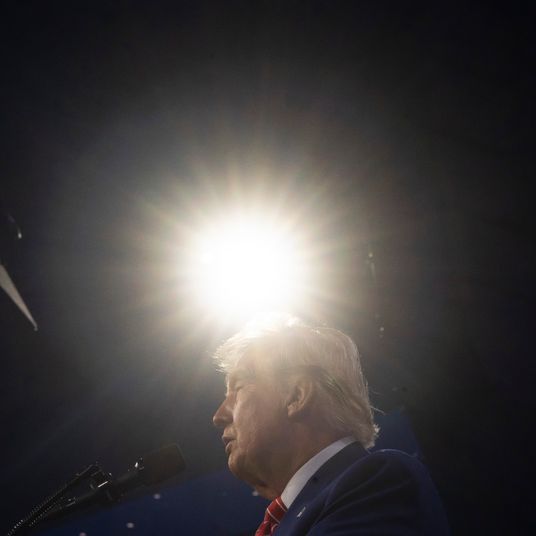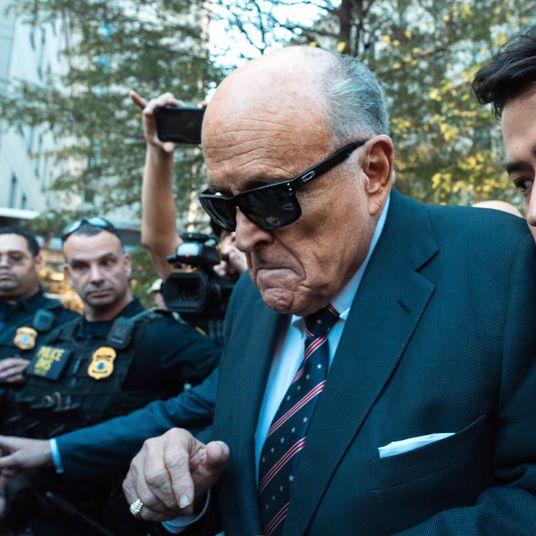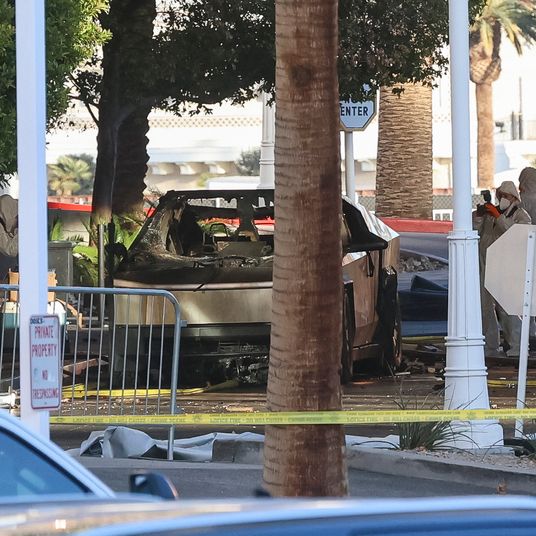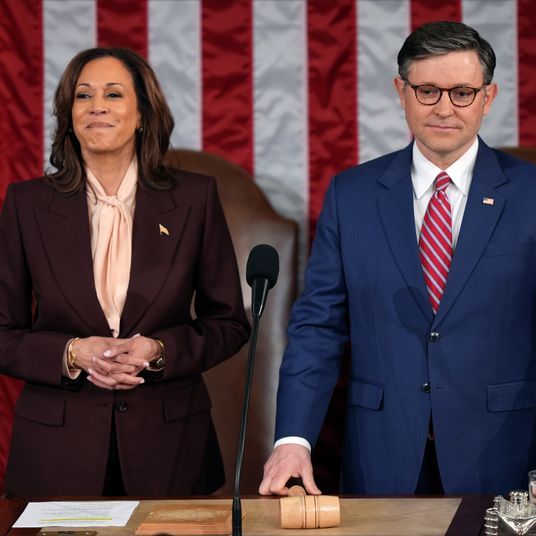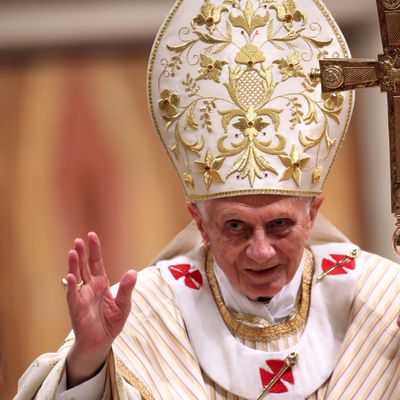
When presidents step down from office, they start philanthropic organizations or give speeches or paint themselves in the shower. But what do Popes do when they retire? It’s not quite clear, because, before today, no Pope had abdicated since 1415.
But Kean University history professor Christopher Bellitto, author of nine books on the history of the church, has a pretty good hunch. Benedict is a “company man,” Bellitto says, and wouldn’t want to distract from the new pope by hanging around in public view. “I think he’s going to respect the fact that the next pope needs him to be out.”
Still, the Pope also won’t have a “normal” retirement of sitting by the pool, playing bingo, playing bingo while sitting by the pool, and so on. “I have a sense that this guy is going to go live the life that he expected to live at the age of 80, the retirement age for bishops,” Bellitto says, “and that means he’s probably going to go to a villa, or a benedictine monastery in Germany, and just, you know, finish up the writing that he wants to do,” perhaps on the Trinity, a subject he’s focused on in the past.
That would certainly be a nicer way to spend one’s golden years than Pope Pontian was allowed. In the year 235, Pontian abdicated for the sake of continuity after he was sentenced by Roman emperor Maximinus Thrax to work in the salt mines of Sardinia, where he died. Another pope, Celestine V, resigned after just five months into his reign and was imprisoned by his successor for the short remainder of his life. He also earned a spot in hell, as far as Dante was concerned.


